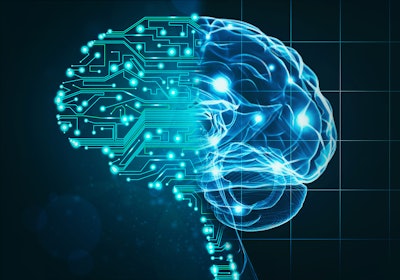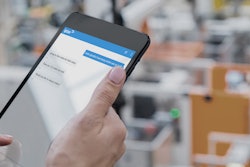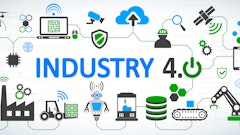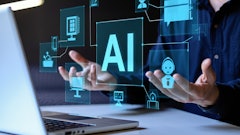
The way Americans shop has changed drastically over the past 10 years and traditional brick and mortar shops have been hit hard by this. In 2019 alone it has been expected that more than 8,600 stores would close continuing a trend that coined the term retail apocalypse. But all is not lost, Artificial Intelligence is making a big impact on these businesses that could save the retail industry from dying.
In just two years retail use of AI grew by 600%. Fifteen percent of companies reported spearheading the investment and adoption of AI systems and 1 in 4 large retailers are using their IT budget to invest up to 10% on AI systems. Companies currently utilizing a form of AI include department stores, apparel and footwear, food and grocery and home improvement. These companies are using AI to improve customer satisfaction, reduce complaints and lower customer churn as well as utilize its ability to streamline operations.
The future of consumer services lies in the use of AI. Companies have already begun using chatbots and virtual assistants to help customers have a more personal experience. H&M built a system that allows users to link a favorite item which will then utilize their automated system to build an entire outfit around it. Stores are also using cameras and robotics. Amazon Go made waves in the retail industry by using a ‘no checkout’ system that uses cameras and sensors to identify purchased items which would then charge to the customer’s Amazon account. Target also started using a bot with a stereoscopic camera to roam store aisles and take inventory. Companies like Macy’s has an on-call bot that can provide suggestions, directions, and even alert employees to angry customers by detecting tone. And Nestle is piloting a program using AI and genetic testing to design new health foods by targeting customers’ needs. 73% of consumers prefer brands that use their personal data to improve their shopping experience and companies are catching on to this.
AI has a unique ability to be both predictive and efficient. McDonald’s is already working on a new outdoor drive-thru menu that will vary based on the time of day, weather, current restaurant traffic, and trending menu items. And Kroger has developed a “smart shelf” sensor system that uses the Kroger app to identify individual customers, provide personal pricing information and suggest products the user might have an interest in. AI’s ability to improving customer experience is helping the world of beauty by being able to personalize ingredients based on individual genetics and using real-time readback with a questionnaire to determine fit and accessing database of collected data to fine-tune results. By 2023 an estimated 95% of supply chain vendors will rely on AI learning. Machine learning will improve day-to-day operations by forecasting error rates, structuring planning for productivity and reducing cost by tracking shipment timing.
By 2021 customer service interactions handled by Artifical Intelligence is expected to grow by 400% - will your industry be utilizing AI?
To learn more about how AI is changing the future of retail check out this infographic.
















